
Swedish scientists have found why pneumococcal bacteria primarily infect humans and not other animals.
It is a special type of sugar found in our nose, that provides the bacteria with – easy to extract – energy and thrive, according to researchers from the Karolinska Institute.
Pneumococcal bacteria is the most common cause of infectious diseases in the world, and can for example cause both meningitis and sepsis. For a long time, researchers have wondered why it mainly affects humans.
By studying mice that had the human form of sugar sialic acid molecule, the researchers could see that they were more susceptible to pneumococcal bacteria compared to normal mice.
Pneumococcal infections can range from ear and sinus infections to pneumonia and bloodstream infections. Primary children younger than 2 years old are among those most at risk for disease, according to the CDC.
There are vaccines to prevent pneumococcal disease in children and adults. But the researchers now hope that the new discovery will eventually lead to more effective pneumococcal vaccines, which today are unable to protect against all types of bacteria.
Reference:
Karina Hentrich, Jonas Lofling, Anuj Pathak, Victor Nizet, Ajit Varki, Birgitta Henriques-Normark “Streptococcus pneumoniae senses a human-like sialic acid profile via the response regulator CiaR“, Cell Host & Microbe

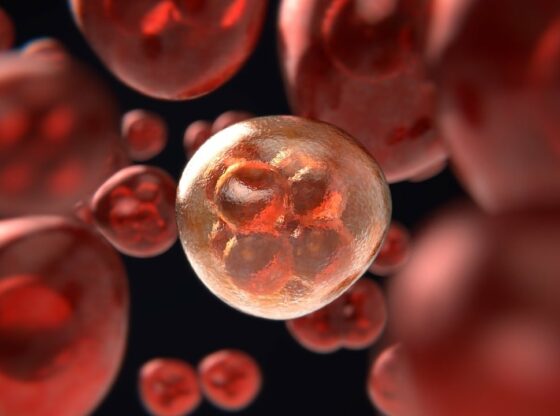



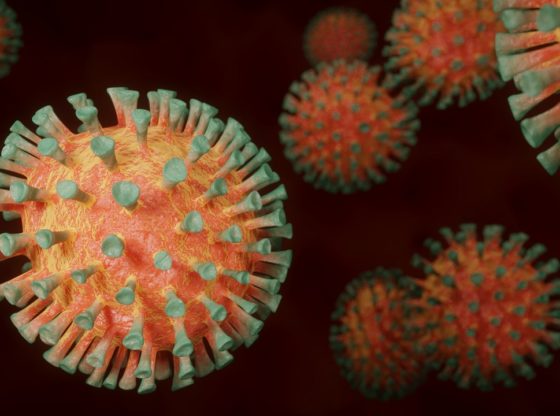
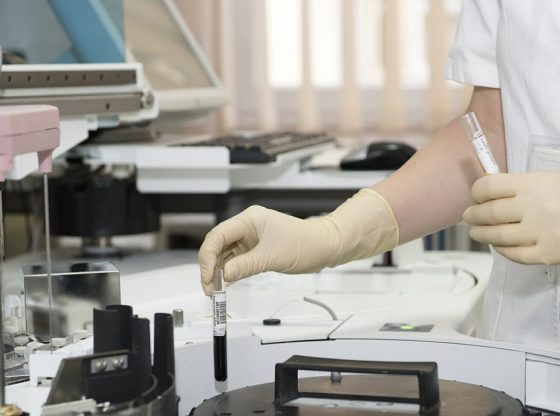
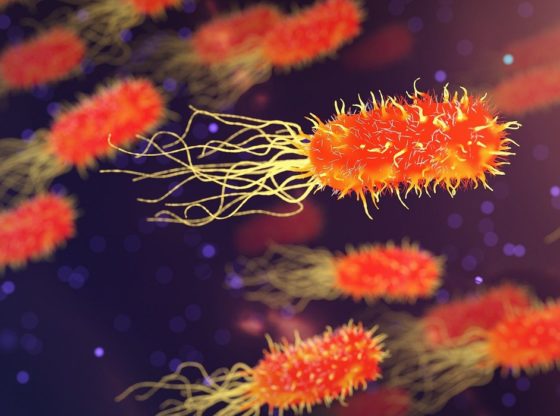
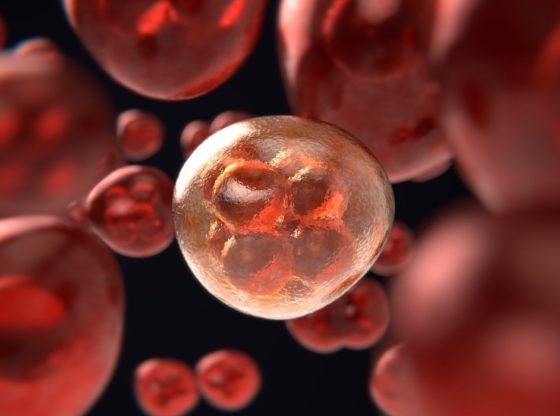


![OpenAI. (2025). ChatGPT [Large language model]. https://chatgpt.com](https://www.illustratedcuriosity.com/files/media/55136/b1b0b614-5b72-486c-901d-ff244549d67a-350x260.webp)
![OpenAI. (2025). ChatGPT [Large language model]. https://chatgpt.com](https://www.illustratedcuriosity.com/files/media/55124/79bc18fa-f616-4951-856f-cc724ad5d497-350x260.webp)
![OpenAI. (2025). ChatGPT [Large language model]. https://chatgpt.com](https://www.illustratedcuriosity.com/files/media/55099/2638a982-b4de-4913-8a1c-1479df352bf3-350x260.webp)








